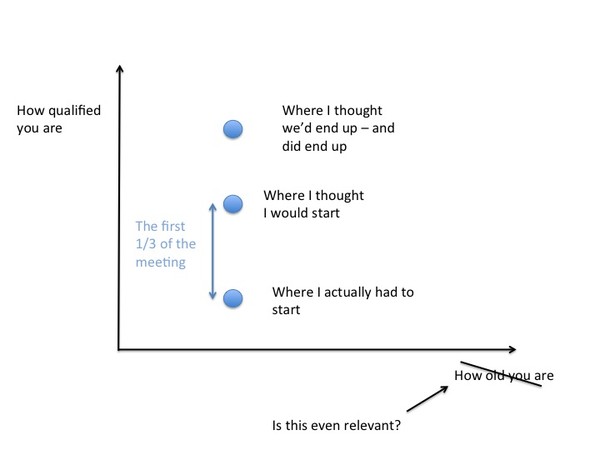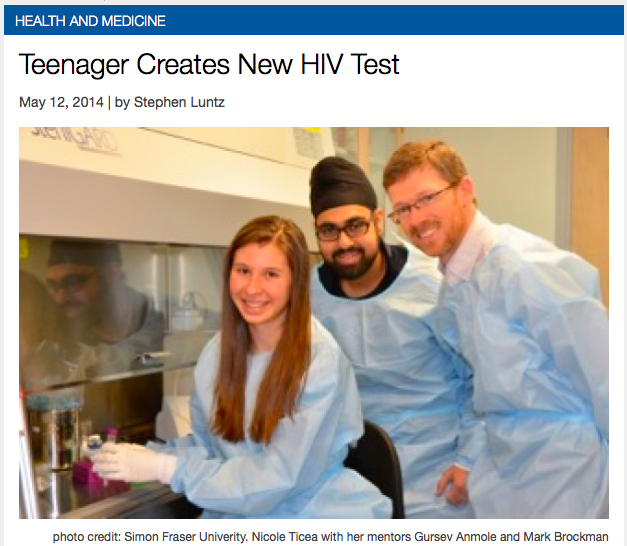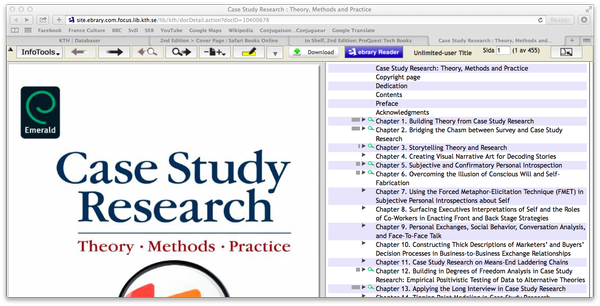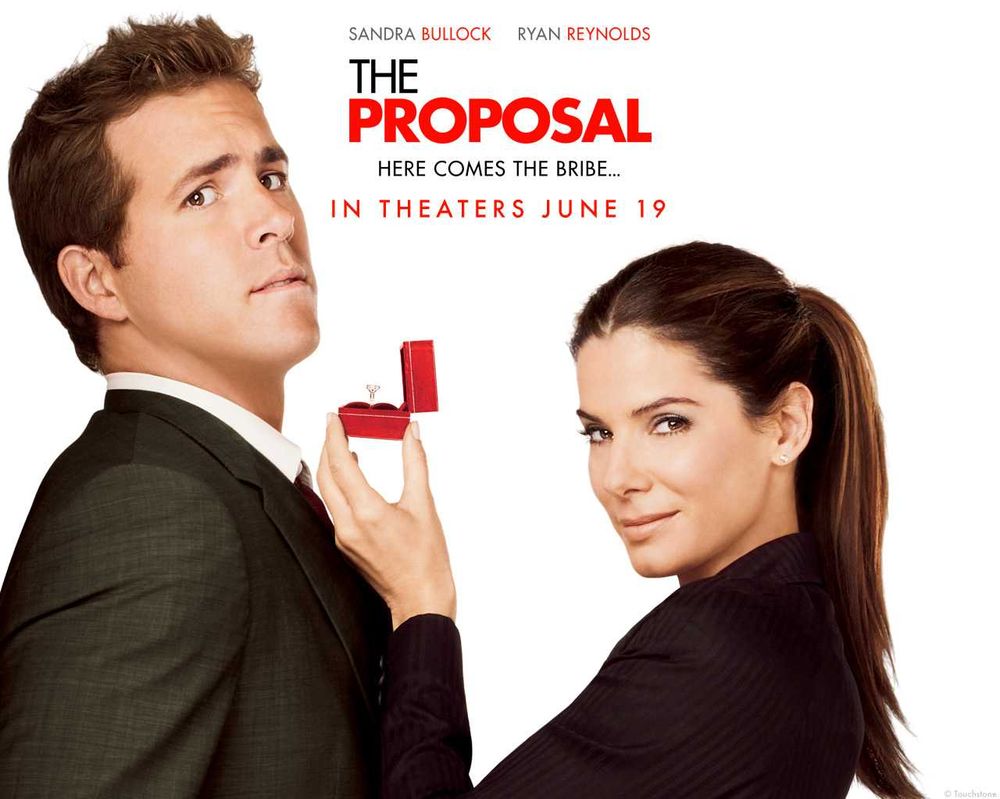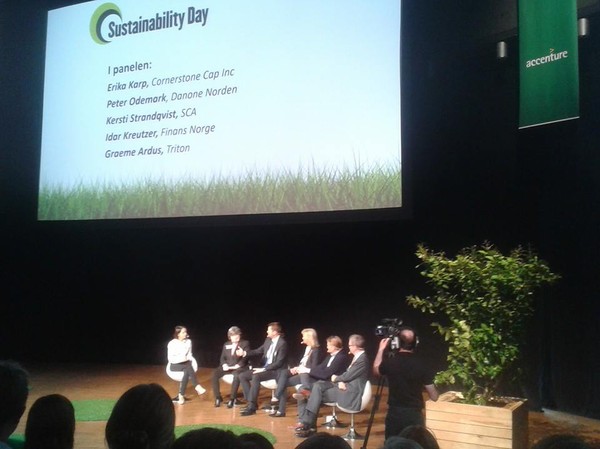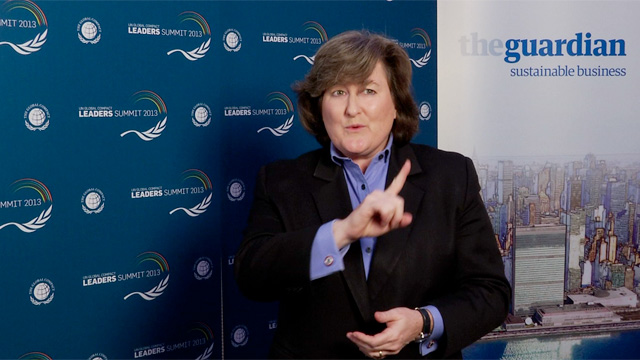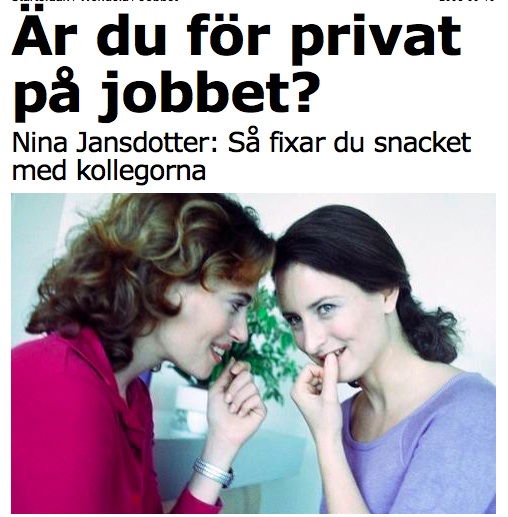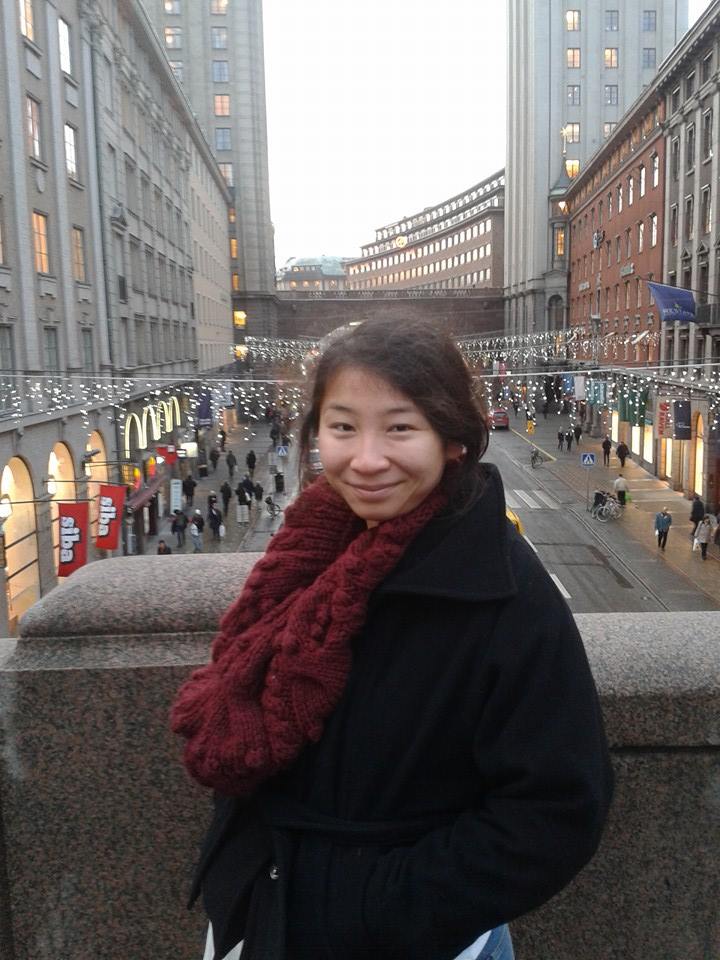Ok, so this post is a little off my usual beaten track, but I just phoned a guy up today to ask for some feedback from an interview last week, and did receive some very hands on feedback! However, it was a little... confusing? So, there were two guys interviewing me over lunch, and the one I called to get some feedback is the one I've met before (how I found out they were recruiting), and he's a laid back guy and quick to laughs, just like me. The other guy was a bit more senior, and also less relaxed. So the first guy told me that he thought I was great and he prefered someone who is relaxed and can shift between being serious and professional, and cracking jokes and have fun, while his colleague thought I was a little 'flimsy'. I totally get it, the perception of being 'professional' is really something that depends on what culture you are in. I was listening to Dr. Annika Steibler at an AmCham (American Chamber of Commerce) seminar the other week, and she was describing how in an American cover letter or CV, one might write about traveling to exotic places, one's hobbies etc., while this is perceived to be very 'unprofessional' and not a serious application in a Swedish context.
So back to the case - in the context of my interview last week - what do you do when you are sitting opposite two people that have completely different ideas about what being 'professional' entails? (ok in the end I didn't get the job because I lacked some other skills, but that should probably also tell me that the senior consultant's opinion weighted more than my aquaintance's)

